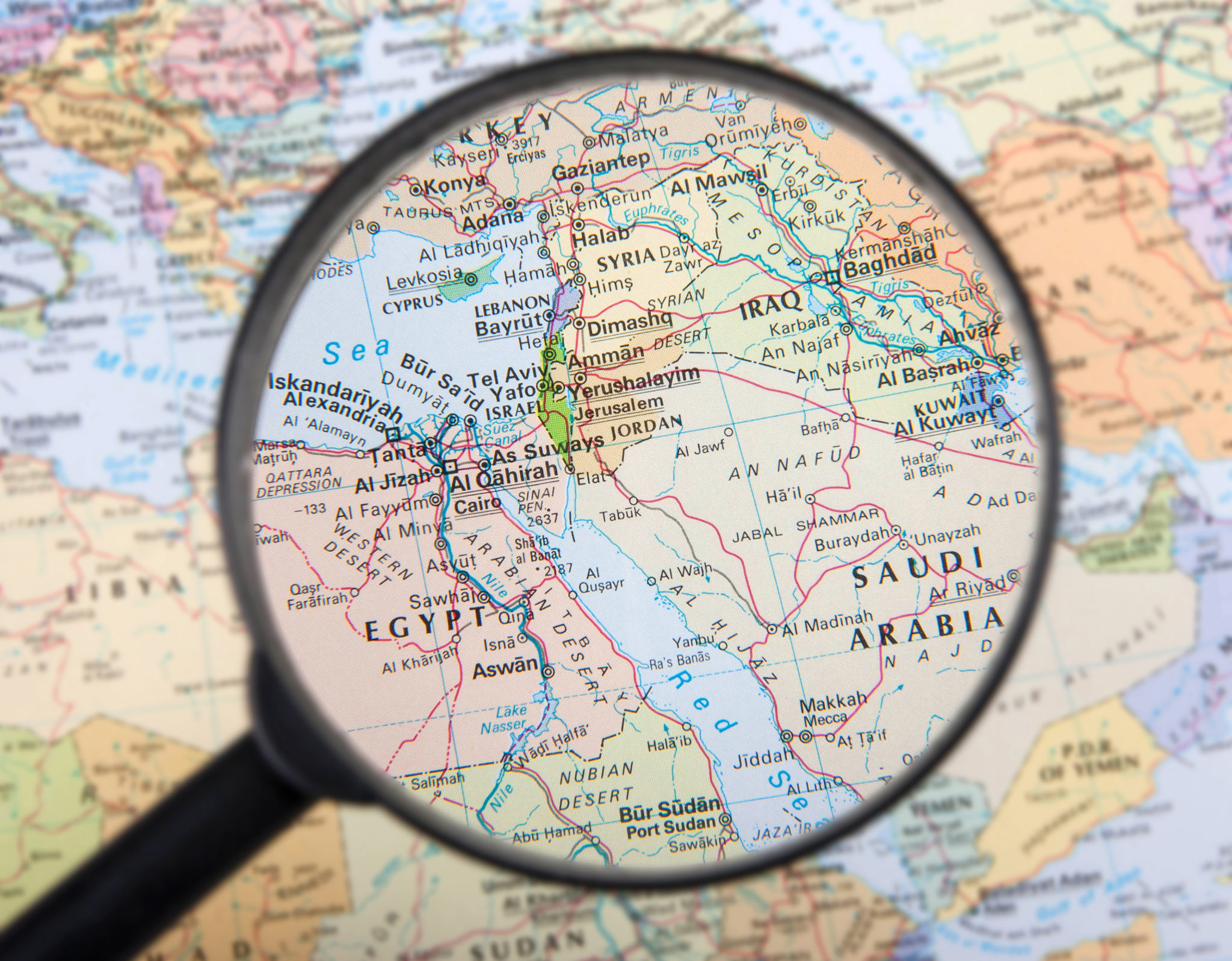How Close Are the Middle Eastern Monotheistic Religions’ Views of God?
Among the world’s major religions, Judaism, Christianity, and Islam are known as the great monotheistic traditions. But exactly how close are these religions in their specific conception of God? And is it possible that adherents of these religions worship the same God?
The traditional conceptions of these three religions have significant common ground, which includes the following:
· theistic philosophical orientation
· monotheistic doctrinal beliefs
· Middle Eastern origins
· biblically oriented Abrahamic faiths (Christianity and Islam claim connections to the Hebrew Bible or Old Testament)
But there are also important differences in how these three religions view God. The differences came up in conjunction with Islam when a person read my article Is Allah a Loving God? and engaged me in further conversation. In that article, I compare historic Christianity’s triune God with the Islamic God Allah concerning whether either conception of God has the ability to ground love in itself.
The Trinity (Tri-unity: one God in three distinct persons) is critical for Christians to appreciate because it allows God to “be love” within himself and, therefore, not in need of finding love outside (in his creation). Therefore, the triune God is unsurpassably loving. This distinguishing quality, combined with his other infinite attributes, makes God, as St. Anselm put it, the greatest conceivable being.1
Here’s the specific concern raised about the Christian and Muslim views of God followed by my response.
Objection (paraphrased)
I think it is incorrect to say, and hurtful to religious dialogue, that Muslims and Christians worship two different Gods when both religions worship the greatest conceivable divine being—and by definition, there can only be one such perfect being. Muslims and Christians can worship the same God even though they differ over some of the attributes of that God, not unlike how in Christianity the Reformed and Wesleyans differ over conceptions of God.
My Response:
I appreciate your taking the time to read my article and for offering a thoughtful response. Here are a few points in response to your comments:
1. Traditional Islamic theology strongly insists that Muslims and Christians do not worship the same God. In fact, Muslims view the Trinity as polytheism (even though the Qur’an incorrectly describes the Trinity as Father, Son, and Virgin Mary2).
2. Many Christian scholars think Allah—for various reasons—does not qualify as a maximally perfect being. In my article I raise the challenge that Allah cannot ground love within his being and instead has only a latent attribute of love and must create in order to fulfill himself. Thus, there is a logical conflict between two of Allah’s attributes (namely Sovereign and Loving as two of his Quranic-given 99 names).
3. Islam denies the very essence of Christianity (Trinity, incarnation, crucifixion, imago Dei, original sin, salvation by grace) and thus stands at a point of logical antithesis (both religions cannot be true).3 The specific Christian doctrines of the Trinity and the incarnation stand in opposition to Islam’s view of Allah who is a single solitary being and has no incarnate human nature.
4. There are real differences between the Reformed and Wesleyans on theological issues, but they are not nearly as stark as those between historic Christianity and traditional Islam.
5. Theologically conservative Christian scholars take different positions on whether Muslims and Christians worship the same God.4 For example, some say the two religions worship the same God, but only in terms of sharing the same basic view or reference of God. Other scholars say the two religions do not worship the same God for there are essential differences in the two conceptions of God.
6. I think it is logically confused to say Muslims and Christians worship the same God when the two views of God are in genuine logical conflict. Thus, I personally don’t think Muslims and Christians worship the same God.
7. As to theological differences hurting religious dialogue among the two religions, as important and valuable as dialogue and interaction can be, truth claims must take precedence over pragmatic cooperation.
Takeaway
So do Christians and Muslims hold the same view of God and therefore worship the same God? As we have seen, there are real and significant differences among these monotheistic religious traditions (one God in one person as opposed to one God in three persons). While I have briefly explained why I don’t think Christians and Muslims worship the same God, the question of whether Jews and Christians worship the same God is a topic I hope to address in a future Reflections article.
Reflections: Your Turn
As a Christian, have you ever spoken with a Jew or a Muslim about your faith in Jesus Christ? If so, how did it go? Visit Reflections on WordPress to comment.
Resources
- For a respectful and fruitful dialogue I had with a Muslim imam concerning the question of God being love, see Is Allah a Loving God?
- For a further comparison of Islam and Christianity, see my two books God among Sages (Grand Rapids, MI: Baker, 2017), 159–88; and A World of Difference (Grand Rapids, MI: Baker, 2007), chapter 15.
- For an introduction to Islam by a Muslim scholar, see Islam: Religion, History, and Civilization by Seyyed Hossein Nasr (San Francisco: HarperSanFrancisco, 2003).
Endnotes
- See my discussion of St. Anselm’s ontological argument (greatest conceivable being) in Kenneth Richard Samples, Classic Christian Thinkers (Covina, CA: RTB Press, 2019), 82–83.
- See Qur’an, surah 5:116.
- See my article How Does Islam Differ from Christianity?
- See the book Do Christians, Muslims, and Jews Worship the Same God?: Four Views






